How to Choose the Right Glass for Your Home Window Replacement
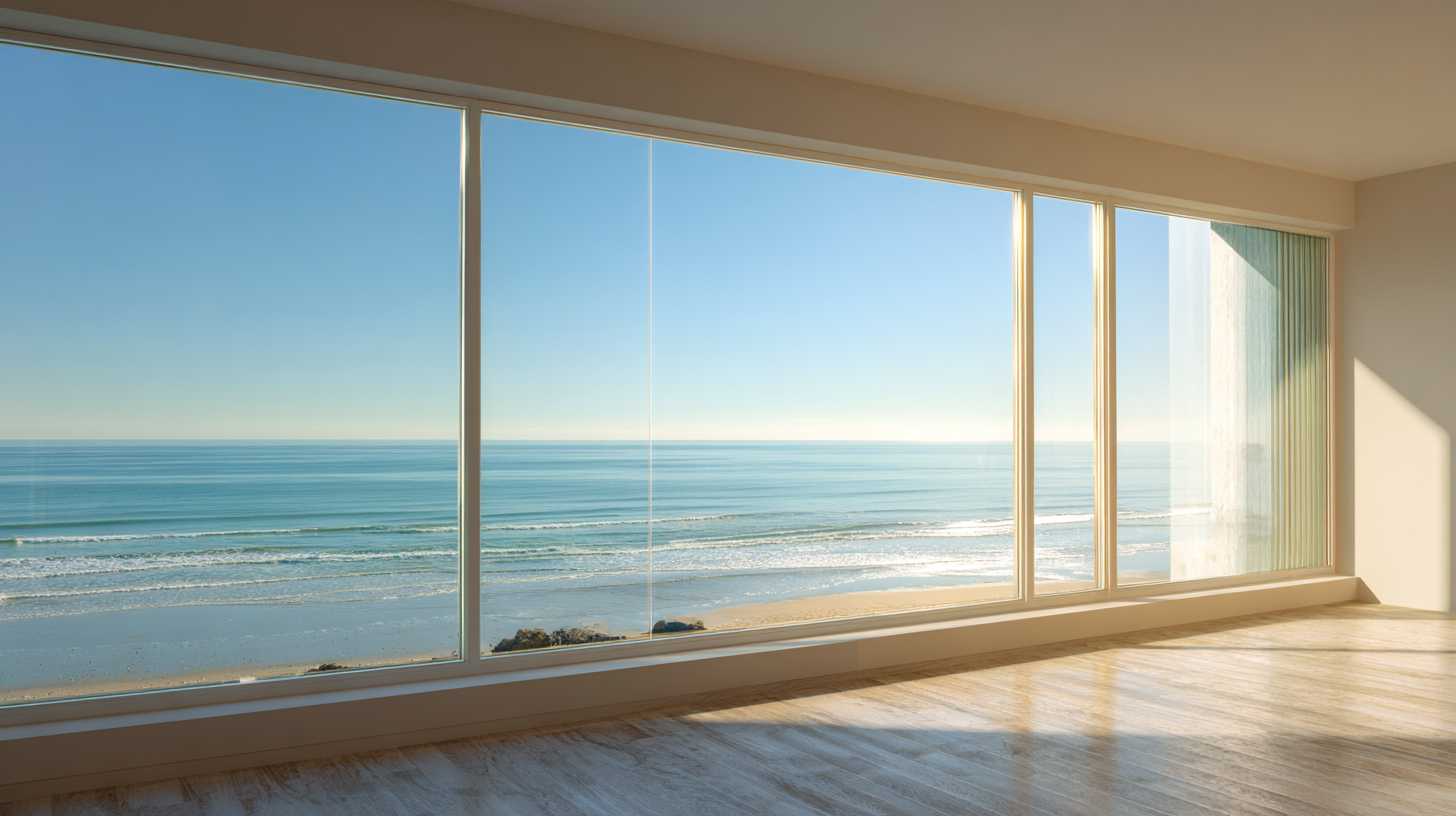 When considering a Home Window Glass Replacement, selecting the right type of glass is crucial for ensuring durability, energy efficiency, and aesthetics in your living space. With numerous options available on the market, it can be overwhelming to determine which glass best suits your specific needs and preferences. Factors such as climate conditions, the architectural style of your home, and your budget all play significant roles in this decision-making process. Whether you are focused on enhancing insulation, reducing noise, or simply upgrading the look of your windows, understanding the various types of glass—such as double glazing, tempered glass, and low-E glass—will empower you to make an informed choice. This guide will walk you through the essential considerations and characteristics of home window glass replacement, enabling you to create a comfortable and stylish environment in your home.
When considering a Home Window Glass Replacement, selecting the right type of glass is crucial for ensuring durability, energy efficiency, and aesthetics in your living space. With numerous options available on the market, it can be overwhelming to determine which glass best suits your specific needs and preferences. Factors such as climate conditions, the architectural style of your home, and your budget all play significant roles in this decision-making process. Whether you are focused on enhancing insulation, reducing noise, or simply upgrading the look of your windows, understanding the various types of glass—such as double glazing, tempered glass, and low-E glass—will empower you to make an informed choice. This guide will walk you through the essential considerations and characteristics of home window glass replacement, enabling you to create a comfortable and stylish environment in your home.
Factors to Consider When Selecting Glass Types for Home Window Replacement
When selecting glass types for your home window replacement, several factors come into play that can significantly affect energy efficiency, safety, and aesthetics. First, consider the climate in your area. For cold climates, low-emissivity (Low-E) glass can help reduce heat loss during winter, while in warmer regions, reflective glass may minimize heat gain. The choice between single, double, or triple glazing is also crucial, as double or triple-glazed windows typically offer better insulation and noise reduction.
Tips: Look for windows that meet Energy Star ratings, as they are designed to save on energy costs. Additionally, evaluate the frame material in conjunction with your glass choice, as it can impact overall insulation and durability.
Another important factor is the level of UV protection the glass provides. This is especially vital if your home has valuable furnishings or artworks that may fade due to sun exposure. Tempered glass is also a safer option for windows, as it is less likely to shatter into sharp pieces, making it ideal for homes with children or pets.
Tips: Always consult with a certified window contractor to discuss your specific needs and preferences, as they can provide tailored solutions that enhance both safety and energy efficiency.
Understanding the Energy Efficiency Ratings of Different Window Glass Options
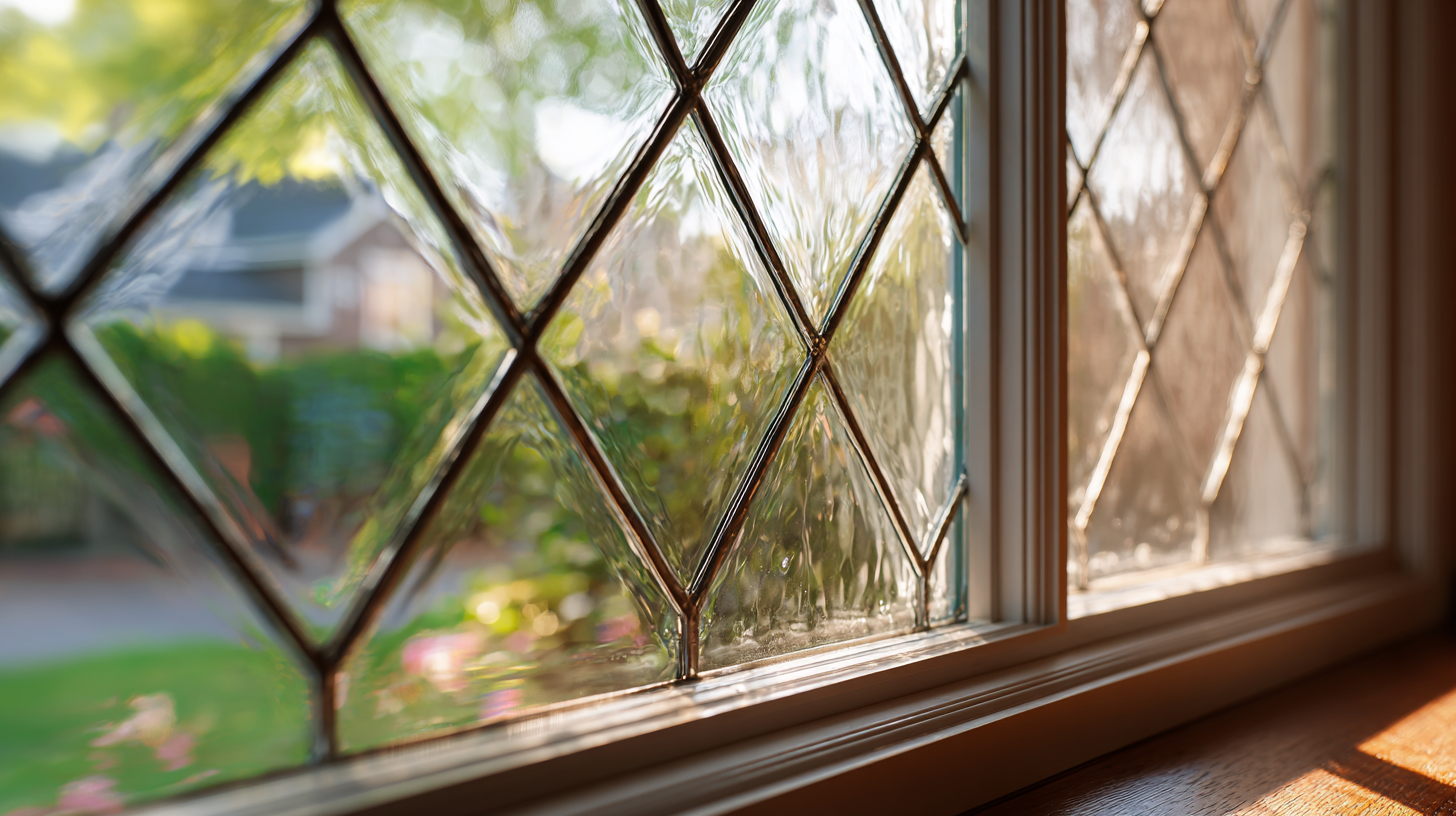 When selecting the right glass for your home window replacement, understanding energy efficiency ratings is crucial. According to the U.S. Department of Energy, windows account for up to 30% of residential heating and cooling energy use. Therefore, opting for windows with higher energy efficiency ratings can significantly reduce energy costs and improve comfort. The National Fenestration Rating Council (NFRC) provides standardized ratings that include the U-factor, Solar Heat Gain Coefficient (SHGC), and Visible Transmittance (VT), which help consumers make informed decisions.
When selecting the right glass for your home window replacement, understanding energy efficiency ratings is crucial. According to the U.S. Department of Energy, windows account for up to 30% of residential heating and cooling energy use. Therefore, opting for windows with higher energy efficiency ratings can significantly reduce energy costs and improve comfort. The National Fenestration Rating Council (NFRC) provides standardized ratings that include the U-factor, Solar Heat Gain Coefficient (SHGC), and Visible Transmittance (VT), which help consumers make informed decisions.
The U-factor measures the rate of heat transfer and indicates how well a window insulates. A lower U-factor signifies better insulating properties, with windows commonly available that have U-factors as low as 0.20 for energy-efficient models. Meanwhile, the SHGC indicates how much solar radiation passes through the window; a lower SHGC is preferable in warmer climates to reduce cooling costs. For instance, windows with an SHGC of 0.25 are recommended for homes in hot regions. By considering these ratings, homeowners can choose glass options that not only enhance their living environment but also lead to substantial energy savings over time.
Comparing Safety Features of Various Glass Types for Residential Use
When replacing windows in your home, selecting the right glass type is crucial for ensuring safety and functionality. Different glass types come with varying safety features tailored for residential use. For instance, tempered glass is treated through a process of extreme heating and rapid cooling, making it much stronger than standard glass. In the event of breakage, it shatters into small, blunt pieces, reducing the risk of injury. Laminated glass, on the other hand, consists of layers of glass bonded with an interlayer, which holds the pieces together upon impact, providing an extra layer of safety.
Another popular option is frosted glass, which not only aids in maintaining privacy but also allows natural light to filter through. This feature makes it a favored choice for bathrooms and other intimate spaces within a home. Besides aesthetics, analyzing the safety ratings and certifications of glass products can guide homeowners in making informed decisions. By understanding the strengths of each type of glass, you can select the most appropriate one to enhance both the security and comfort of your living environment.
How to Choose the Right Glass for Your Home Window Replacement - Comparing Safety Features of Various Glass Types for Residential Use
| Glass Type | Safety Rating | Impact Resistance | Energy Efficiency | Cost per Square Foot |
|---|---|---|---|---|
| Tempered Glass | ★★★★☆ | High | Good | $15 |
| Laminated Glass | ★★★★☆ | Very High | Excellent | $20 |
| Single Pane Glass | ★★☆☆☆ | Low | Poor | $8 |
| Double Glazed Glass | ★★★★★ | Medium | Very Good | $12 |
| Polycarbonate Glass | ★★★★★ | Very High | Good | $18 |
Evaluating Noise Reduction Capabilities in Window Glass Selections
When replacing windows in your home, evaluating noise reduction capabilities in window glass selections is crucial for enhancing comfort and tranquility. According to a report by the Acoustical Society of America, window glass is a significant factor in controlling how much noise enters a home. The Sound Transmission Class (STC) rating is often used to measure a window’s effectiveness in sound insulation; windows with a higher STC rating will provide better noise reduction. Generally, windows should have an STC rating of 30 or higher to ensure a noticeable decrease in outside noise.
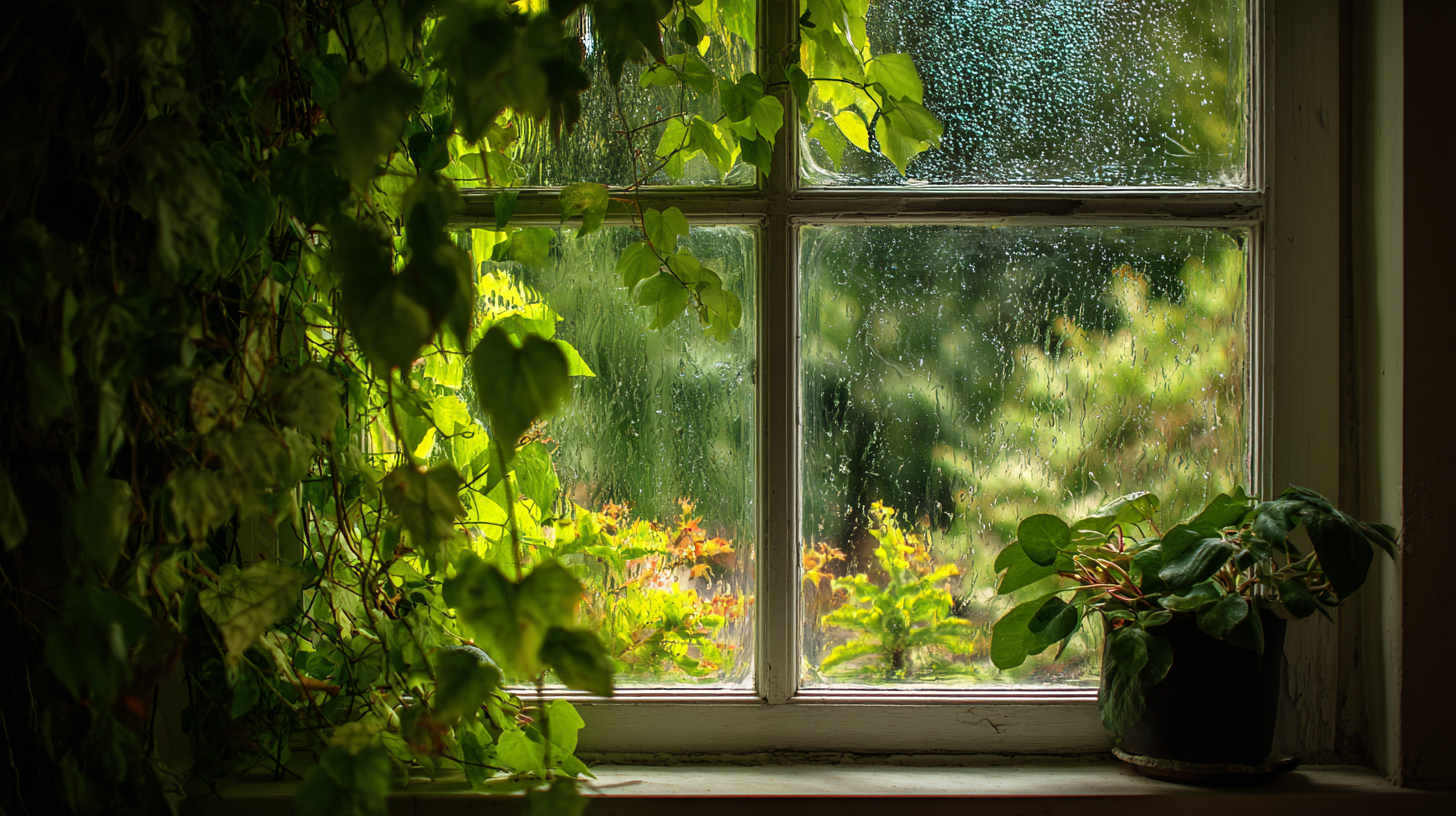
Additionally, the combination of different glass types can improve acoustic performance. For example, laminated glass, which consists of two panes of glass bonded with a plastic interlayer, can reduce noise levels significantly—up to 50% compared to single-pane glass, as reported by the Glass Association of North America. Furthermore, double-glazed windows with panes of varying thickness can also help in minimizing sound transmission by creating a sound barrier. When selecting windows, consider not only the aesthetic and energy efficiency aspects but also the importance of acoustics for your living space.
Exploring Cost Implications of Different Glass Types for Homeowners
When considering home window replacement, homeowners often overlook how different glass types can significantly affect costs. For instance, single-pane glass may initially seem like the most affordable option. However, its poor insulation properties can lead to higher heating and cooling bills over time, negating any upfront savings. In contrast, double or triple-pane glass provides better energy efficiency and comfort, resulting in long-term savings that often justify the higher initial investment.
Another factor influencing cost is the type of glass used. Standard clear glass is the least expensive, but homeowners might want to consider low-emissivity (Low-E) glass, which is designed to reflect heat while allowing light in. Though Low-E glass comes at a premium, its energy-efficient benefits can lower utility bills significantly. Ultimately, when selecting the right glass for window replacement, it is crucial to evaluate both the immediate costs and the future savings to make an informed decision that balances budget with long-term advantages.
Related Posts
-
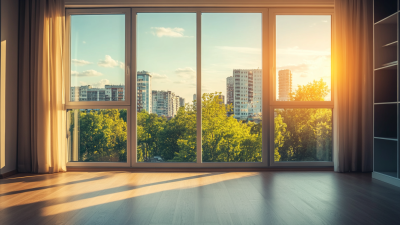
Essential Tips for Sourcing Home Window Glass Replacement Globally
-
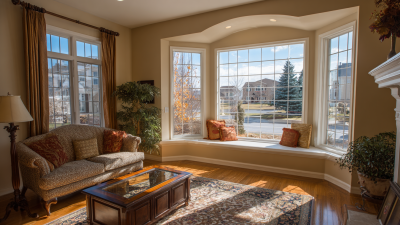
Comprehensive Solutions for Efficient Home Window Glass Replacement: Boosting Energy Efficiency by 30%
-
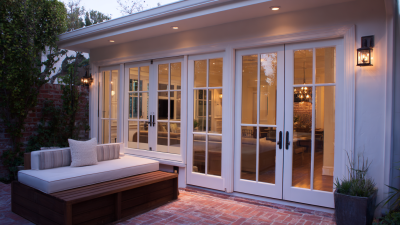
7 Key Benefits of Bifold Patio Doors: Why They're the Best Choice for Your Home in 2023
-

Harnessing the Power of China's Innovation in Best Window And Door Replacement for Global Markets
-
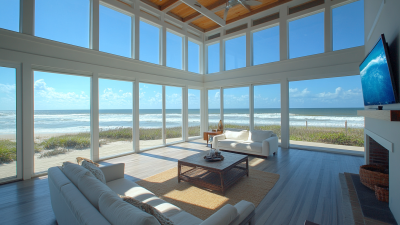
Understanding the Benefits of Best Hurricane Proof Windows for Global Buyers
-

2025 Tech Innovations in Commercial Glass Doors: How to Optimize Your Procurement Strategy
